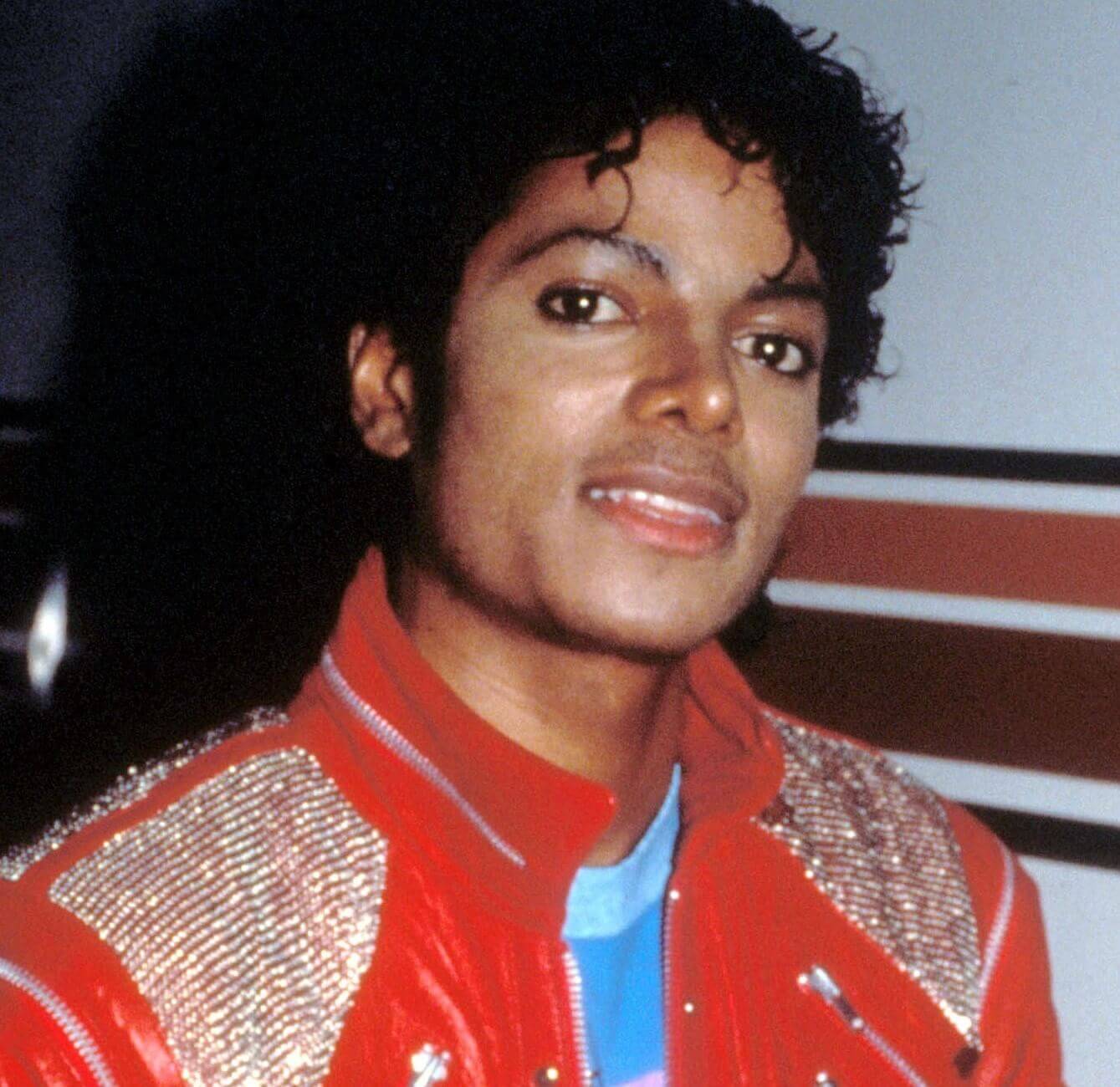
How Motown Founder Berry Gordy Inspired Michael Jackson’s ‘Billie Jean’
Michael Jackson‘s “Billie Jean” is a song about a man who may or may not have fathered a child with a woman he doesn’t like. One of Jackson’s brothers explained the song’s connection to Motown founder Berry Gordy. Gordy is a musical legend, but his label’s music faced some criticism from one of The Beatles.
‘Billie Jean’ was 1 of several Michael Jackson songs inspired by Motown’s Berry Gordy
Jermaine Jackson was a member of The Jackson 5. In his 2011 book You Are Not Alone: Michael, Through a Brother’s Eyes, Jermaine discussed the Motown formula. “If Americans’ brains went to Harvard, America’s talent went to Motown — and artists graduated with a lifetime’s knowledge,” he said. “‘You’re entering the finest finishing school in the business,’ Mr. Gordy told us.
“Our education was fast-track: every song should be a three-minute story with a beginning, a middle, and an end,” Jermaine added. “Music is story-telling and that linear thread makes it universal, we learned.” In addition, Gordy liked his songs to end with a hook so that people would remember the song’s title. Jermaine said The Jackson 5’s “I Want You Back” and “I’ll Be There” were examples of this.
Motown’s Berry Gordy inspired the chorus of ‘Billie Jean’
Jermaine also explained how Gordy’s approach to choruses inspired the King of Pop. “The chorus must summarize the story arc — you should be able to sing it and know what the song is about (‘Billie Jean is not my lover / She’s just a girl that says that I am the one / But the kid is not my son’); the lyrical content should be catchy and commercial with a message; each song’s dynamics should keep building and, at the vamp, go through the roof,” Jermaine said.
Notably, “Billie Jean” ends with a long fade-out. In that fade-out, Michael sings the hook of the song over and over, which includes its title. He clearly learned a lot from Gordy’s sensibilities.
Paul McCartney criticized 1 of Motown’s big groups but worked with Michael Jackson
While Motown gave us a lot of the best music of the 1960s, 1970s, and 1980s, its sound faced some criticism. For example, one of Motown’s most famous groups was The Supremes, later known as Diana Ross & the Supremes. The Supremes often battled The Beatles for chart supremacy.
During a 1994 interview published by Reverb, Paul McCartney said that The Supremes’ songs bored him a bit because they all sounded so similar and retained the Motown sound. He contrasted their discography with The Beatles’, saying that The Beatles worked hard to make sure their singles sounded distinct from each other. He congratulated the Fab Four for achieving a new sound on every single, which is quite the statement considering that “I Want to Hold Your Hand,” “She Loves You,” “Can’t Buy Me Love,” and other early Beatles singles all follow the same bubblegum rock ‘n’ roll template.
Of course, Paul wasn’t always a critic of Motown. Three of his biggest singles from the 1980s — “Ebony and Ivory,” “Say Say Say,” and “The Girl Is Mine” — were all collaborations with Motown stars. The latter two are both duets with Jackson that end with their titles being repeated. Apparently, some of the Motown sound worked its way into Paul’s sound!
Gordy was such a musical genius that he managed to inspire Michael and Paul.


